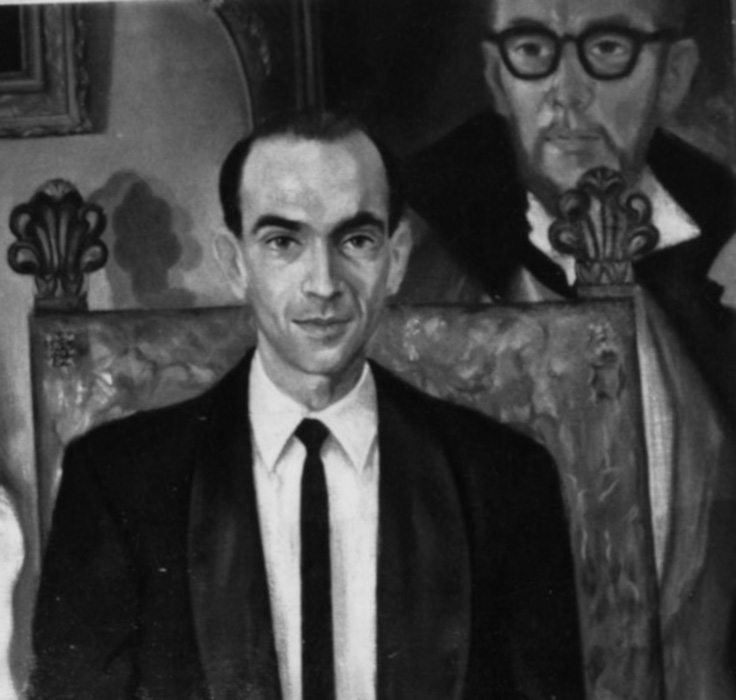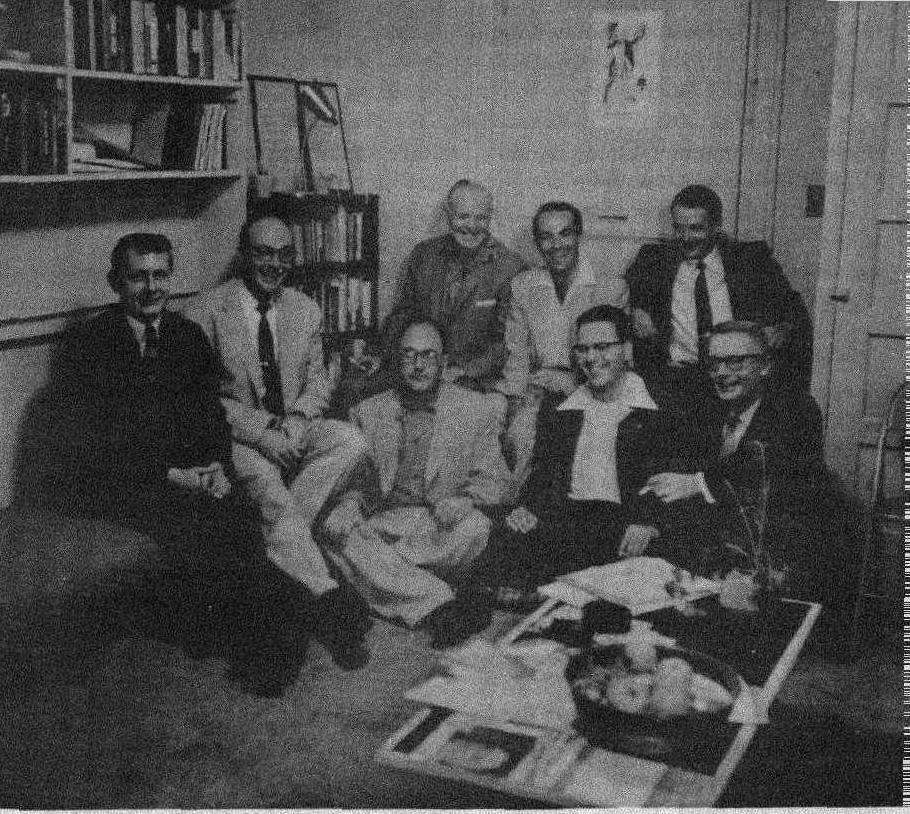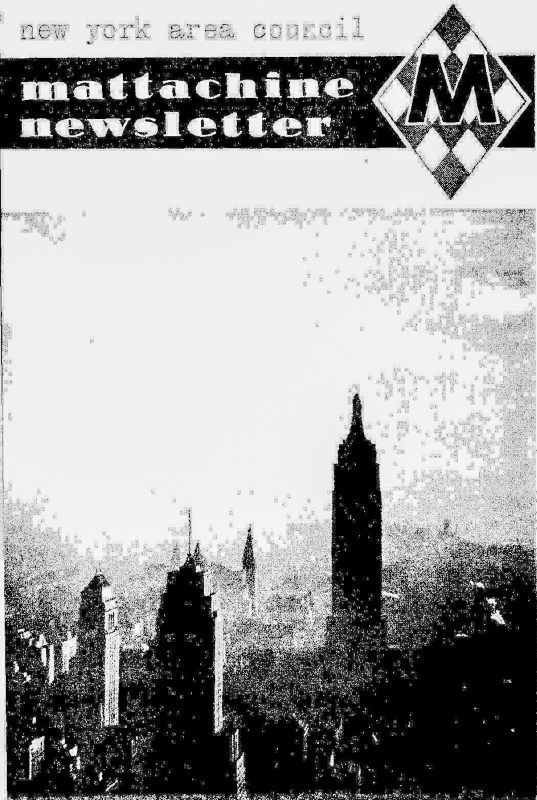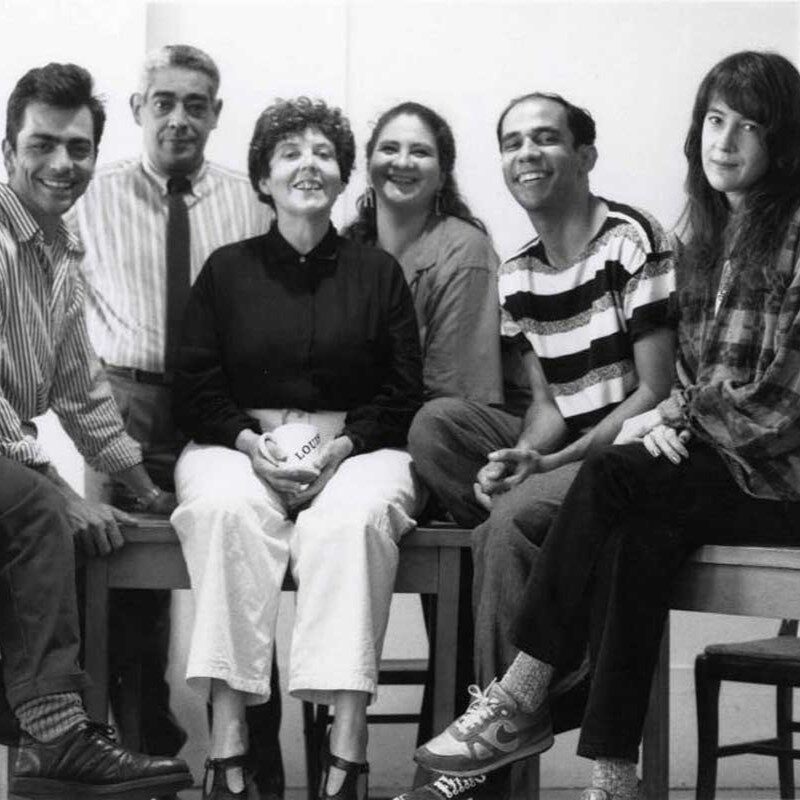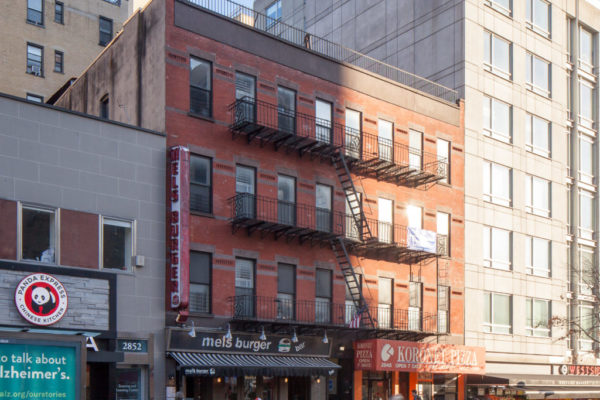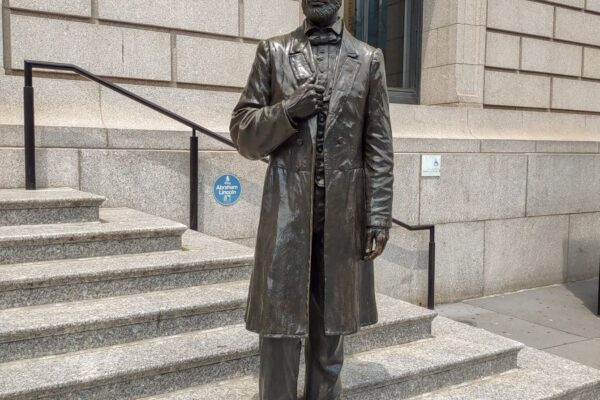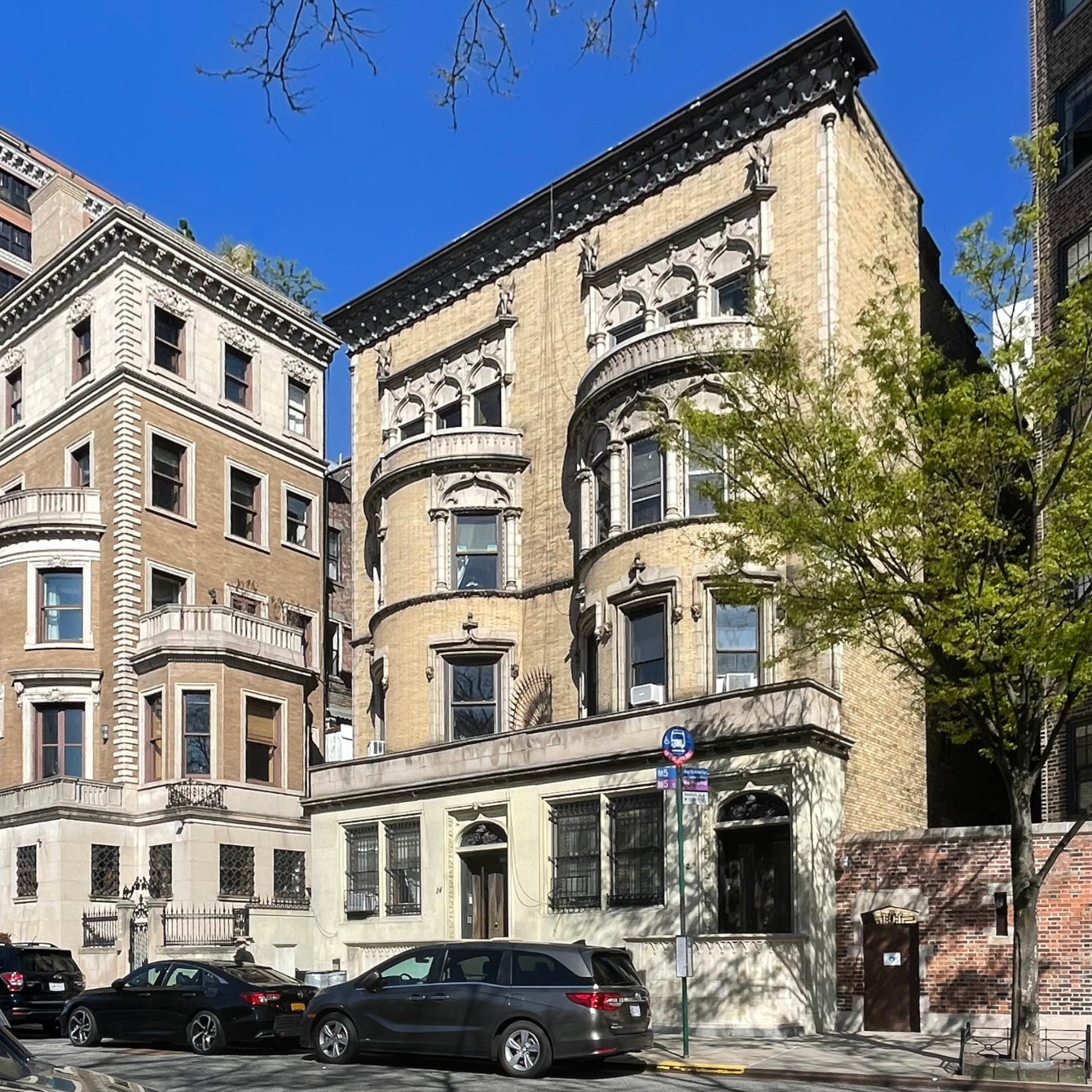
Tony Segura Residence
overview
Cuban-born gay rights activist Tony Segura lived in an apartment in this building facing Riverside Park on the Upper West Side by 1953 and until 1959.
While here, he co-founded the New York Area Council of the Mattachine Society, Inc., in 1955, which would go on to become one of the most influential gay rights organizations of the pre-Stonewall era.
On the Map
VIEW The Full MapHistory
One of the most significant early gay rights leaders of the 1950s – and one of the earliest of Hispanic heritage – Tony Segura (born Gonzalo Segura, Jr.; 1919-1991) was one of the two founders of the New York Area Council of the Mattachine Society, Inc. in 1955. He was called, in the Council’s formative years, “the sparkplug of the whole organization here.”
Born in Cuba, Segura arrived in the U.S. in 1935, attended military school in Georgia, graduated from Emory University in 1942, and received a master’s degree in chemistry the next year. He moved to New York City to attend Columbia University and worked as a research chemist. In 1954, while on a business trip in Cleveland, he discovered a copy of Donald Webster Cory’s pioneering The Homosexual in America (1951; Cory is the pseudonym of Edward Sagarin).
It gave me a strong sense of the existence of homosexuals as a [minority] group which I had never thought about before.
Segura used Cory’s book as a guide to discover other books and bookstores, and wrote to Greenberg Publisher, the leading publisher of gay novels for two decades. He received a list of titles of the Cory Book Service (established 1954), which had the largest gay mailing list in the U.S. Through the book service, he was told of a nascent network of gay organizations, and Segura started doing volunteer work and Spanish translation for the service. He connected in New York with the newly formed The League, a very secretive discussion group of about 30 to 100 gay, mostly professional men, that was started by subscribers to the West Coast’s ONE Magazine, and was partly an outgrowth of the recently-disbanded Veterans Benevolent Association. They met in a loft on Spring Street, until someone alerted the police to the group, which ended up scaring away members in October 1955 (The League was disbanded in 1956). Segura realized the need for an open organization, and was supported by another League member, Sam Morford, who had contacted the Mattachine Society on the West Coast.
The Mattachine Foundation, the original, secret group that became the earliest sustained national American gay rights organization, was founded in Los Angeles in 1951 by Harry Hay and others. Its early leadership was replaced in 1953, and the Foundation was dissolved. The Mattachine Society was then incorporated in March 1954 as an open national organization with headquarters in San Francisco, and regional “area councils” were formed elsewhere. The New York Area Council of the Mattachine Society, Inc., the fifth such council nationally, was started on December 10, 1955, by Segura and Morford at Morford’s apartment at 16 East 8th Street in Greenwich Village. By 1953, Segura was living on the Upper West Side, at 23 Riverside Drive, and so was residing there when the New York Council was founded.
At the national Mattachine meeting held in May 1956, Morford (the New York Council chairman) was elected Research Director, and Segura was elected Public Relations Director. Segura was also largely responsible for the first international edition of Mattachine Review in October 1956. After Morford’s departure from New York in May 1957, the New York Council was run by Joe McCarthy as chairman (he also served as national Mattachine chairman in 1958) and Segura as vice chairman (he was credited as being the main person running the group early on, despite Morford being the chairman).
Segura was also on the editorial board of Mattachine Review, and traveled around the country speaking at various councils. He was the first openly gay man on television on the East Coast on March 10, 1958 – on a panel with sexologist Albert Ellis on WABD’s “Showcase” – though under an assumed name and wearing a hood. Segura left the Riverside Drive apartment the year he moved to Richmond, Virginia, in 1959, and was later a founding member of the Richmond Gay Rights Association in 1977.
Entry by Jay Shockley, project director (April 2022).
NOTE: Names above in bold indicate LGBT people.
Building Information
- Architect or Builder: C.P.H. Gilbert
- Year Built: 1895-97
Sources
James T. Sears, Behind the Mask of the Mattachine: The Hal Call Chronicles and the Early Movement for Homosexual Emancipation (New York: Routledge, 2011).
John D’Emilio, Sexual Politics, Sexual Communities: The Making of a Homosexual Minority in the United States, 1940-1970 (Chicago: University of Chicago Press, 1983), 89-90.
Mattachine Society, Inc., Application for Chapter Charter, 1956.
Mattachine Society, Inc., Mattachine Review, 1955-1961.
Michael Waters, “The Book Club That Helped Spark the Gay-Rights Movement,” The New Yorker, October 5, 2021.
New York Area Council of the Mattachine Society, Inc., Newsletter, 1956-1961.
“New York Chapter,” Mattachine Review, May 1956, 8-9.
“Official Honors to New York Chapter Members,” New York Area Council of the Mattachine Society, Inc., Newsletter, June 1956.
“Prominent Personalities on New York Programs, [Mattachine Society] Interim, May, 1957, 13.
“The League,” in Marvin Cutler, edit., Homosexuals Today: a Handbook of Organizations & Publications (Los Angeles: ONE, Inc., 1956), 102-103.
Toby Marotta, The Politics of Homosexuality (Boston: Houghton Mifflin Co., 1981).
Tony Segura, “In Memoriam – Joe McCarthy,” Richmond Pride, January 1987.
Whitney Strub, “In Hispanic Heritage Month, Let’s Remember Gay Rights Pioneer Tony Segura,” Slate, October 10, 2016.
Do you have more information about this site?
This project is enriched by your participation! Do you have your own images of this site? Or a story to share? Would you like to suggest a different historic site?
